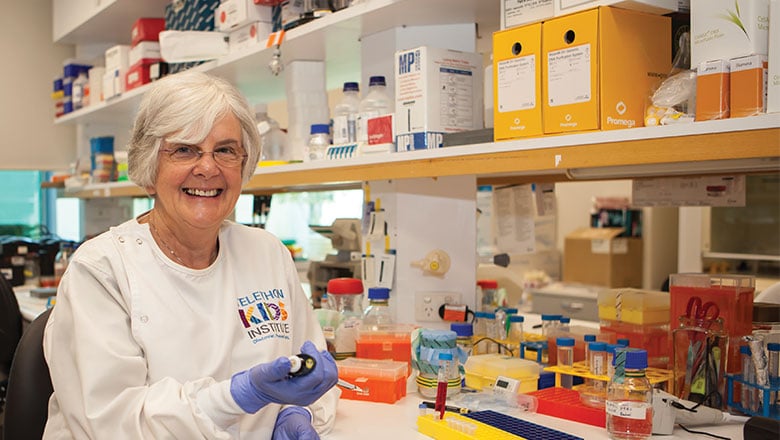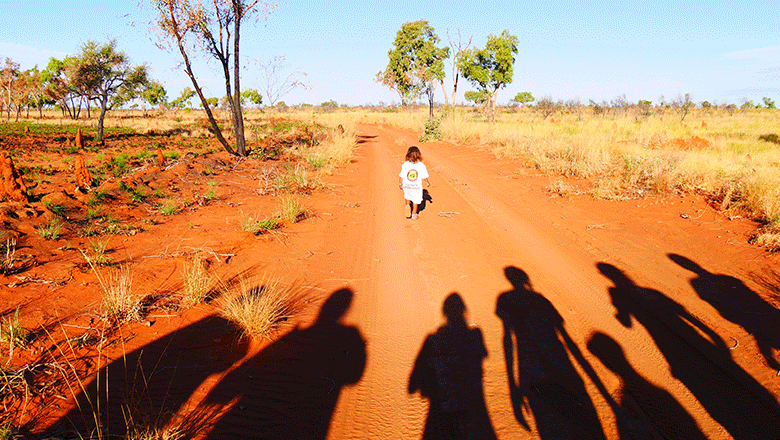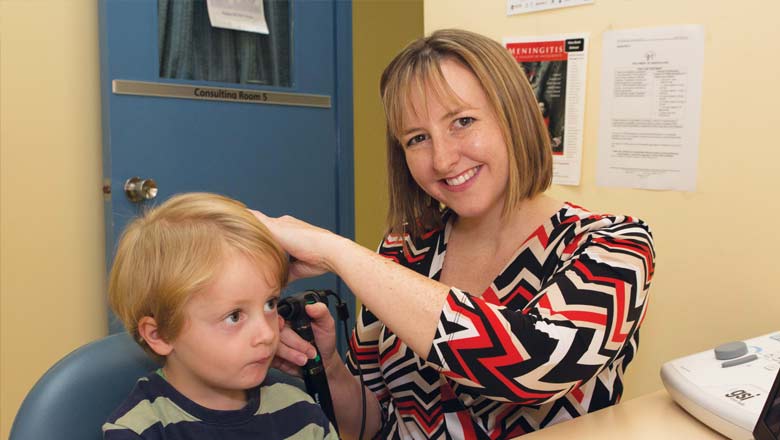Search
Research
Facilitating knowledge transfer during Australia’s COVID-19 vaccine rollout: an examination of ‘Functional Dialogues’ as an approach to bridge the evidence–policy gapOur interdisciplinary team initiated a project to inform the COVID-19 vaccination programme. We developed a novel research co-creation approach to share emerging findings with government.
Research
Economic burden of multidrug-resistant tuberculosis on patients and households: a global systematic review and meta-analysisMultidrug-resistant tuberculosis (MDR-TB) is a major health threat worldwide, causing a significant economic burden to patients and their families. Due to the longer duration of treatment and expensive second-line medicine, the economic burden of MDR-TB is assumed to be higher than drug-susceptible TB.
Research
The COVID-19 vaccination campaign in Bhutan: strategy and enablersBhutan has reported a total of 2596 COVID-19 cases and three deaths as of September 15, 2021. With support from India, the United States, Denmark, the People’s Republic of China, Croatia and other countries, Bhutan was able to conduct two rounds of nationwide vaccination campaign.
Research
Antifungal use in children with acute leukaemia: state of current evidence and directions for future researchInvasive fungal disease (IFD) remains a common and serious complication in children treated for leukaemia. Antifungal prescription in children with leukaemia presents unique challenges, particularly due to variation in IFD risk between and within leukaemia treatment protocols, drug toxicities and interactions between antifungals and chemotherapeutic agents.
Research
Potentially Pathogenic Organisms in Stools and Their Association With Acute Diarrheal Illness in Children Aged <2 YearsAcute diarrheal illness (ADI) causes a substantial disease burden in high-income countries. We investigated associations between potentially pathogenic organisms in stools and ADI by polymerase chain reaction (PCR) in Australian children aged <2 years.
Research
Consensus guidelines for antifungal prophylaxis in haematological malignancy and haemopoietic stem cell transplantation, 2021Antifungal prophylaxis can reduce morbidity and mortality from invasive fungal disease (IFD). However, its use needs to be optimised and appropriately targeted to patients at highest risk to derive the most benefit. In addition to established risks for IFD, considerable recent progress in the treatment of malignancies has resulted in the development of new 'at-risk' groups.

News & Events
A new approach for research with Aboriginal communitiesWinning the support of a remote Aboriginal community paved the way for a pioneering genetics study.

News & Events
A New Avenue For Controlling Rheumatic Heart Disease?Rheumatic heart disease (RHD) is the most important cause of acquired cardiovascular disease in children and young adults and the most common cause of multivalv
Research
A New Era for PPARγ: Covalent Ligands and Therapeutic ApplicationsPeroxisome proliferator-activated receptor γ (PPARγ) is a prominent ligand-inducible transcription factor involved in adipocyte differentiation, glucose homeostasis, insulin sensitivity, inflammation, and cell proliferation, making it a therapeutic target for diabetes, metabolic syndrome, autoimmune diseases, and cancer.
Research
Interrupted time-series analysis showed unintended consequences of non-pharmaceutical interventions on paediatric hospital admissionsCOVID-19-associated non-pharmaceutical interventions (NPI) have disrupted respiratory viral transmission. We quantified the changes in paediatric hospital admissions in 2020 from five different NPI phases in Western Australia for acute lower respiratory infections (ALRI) in children in the context of all-cause admissions.

News & Events
A new job for a specialised drugThe Kids is investigating whether a cystic fibrosis medication may be the answer to ear infections, reducing the need for antibiotics and surgery.
Research
A new method of prenatal alcohol classification accounting for dose, pattern and timing of exposure:When examining the association between prenatal alcohol exposure and fetal effects, the timing and intensity of exposure have been ignored in epidemiological st
Research
A New Model to Investigate the Action of Radiation and Cigarette Smoke on Head and Neck Cancer CellsSmokers are at an increased risk of developing mucosal head and neck squamous cell cancers (HNSCCs) and have a worse prognosis when treated. The cellular and molecular mechanisms underlying the latter has not been established. We therefore developed an in vitro model to investigate the effects of radiation and smoking on mucosal HNSCCs.

News & Events
A new phage discovery in the fight against Antimicrobial ResistanceJack Canning, a PhD researcher in the Wal-yan Respiratory Centre’s Phage WA team, has made a significant finding in the search for alternative treatments to antimicrobial-resistant (AMR) bacteria.
Research
A new strategy for vascular complications in young people with type 1 diabetes mellitusThese findings present an opportunity to move towards the personalized care of adolescents with type 1 diabetes mellitus
Research
Burden of drug-resistant tuberculosis among contacts of index cases: A protocol for a systematic reviewPeople having close contact with drug-resistant tuberculosis (DR-TB) patients are at increased risk of contracting and developing the disease. However, no comprehensive review has been undertaken to estimate the burden of DR-TB among contacts of DR-TB patients. Therefore, the current systematic review will quantify the prevalence and incidence of DR-TB among contacts of DR-TB patients.
Research
Australian hospital paediatricians and nurses’ perspectives and practices for influenza vaccine delivery in children with medical comorbiditiesInfluenza vaccination of children with medical comorbidities is critical due their increased risks for severe influenza disease. In Australia, hospitals are an avenue for influenza vaccine delivery to children with comorbidities but are not always effectively utilised. Qualitative enquiry sought to ascertainment the barriers and enablers for influenza vaccination recommendation, delivery, and recording of these children at Australian hospitals.
Research
Traditional Beliefs, Practices, and Migration: A Risk to Malaria Transmission in Rural NepalThe study aimed to explore sociocultural factors influencing the risk of malaria and practices and beliefs towards malaria prevention, transmission and treatment in a remote village in Khatyad Rural Municipality (KRM) of Nepal. A sequential exploratory mixed methods approach was used.
